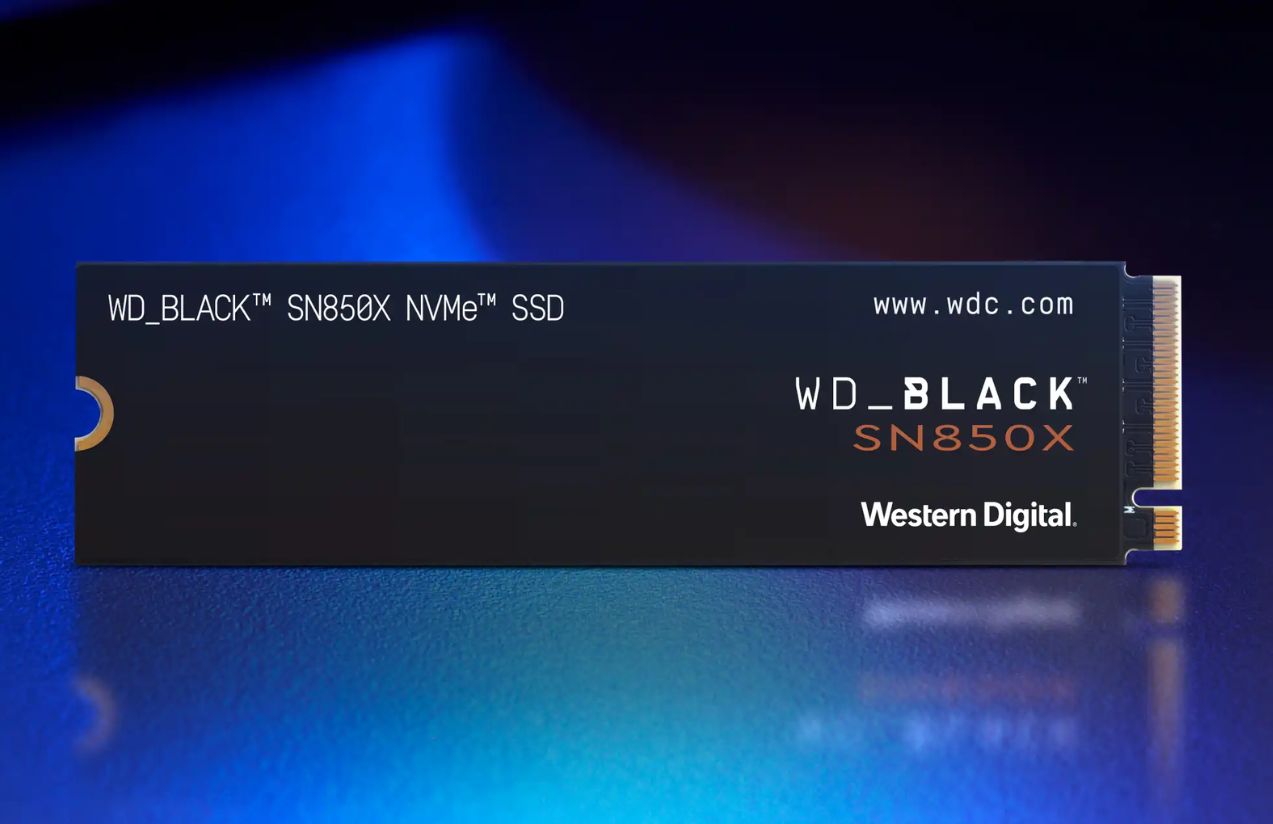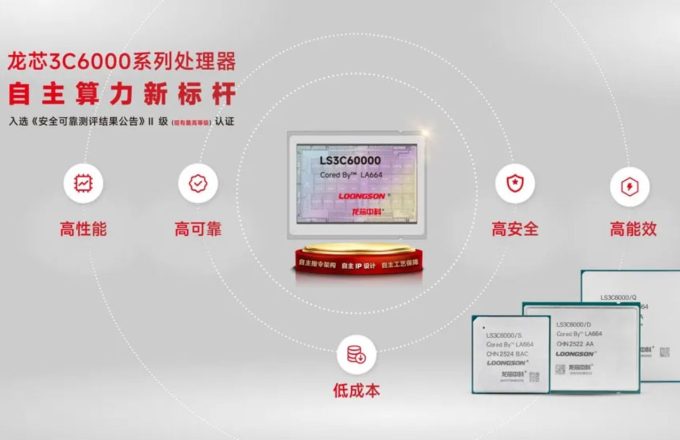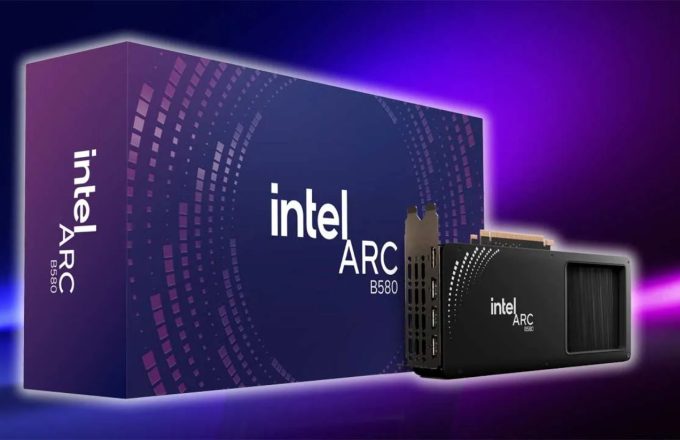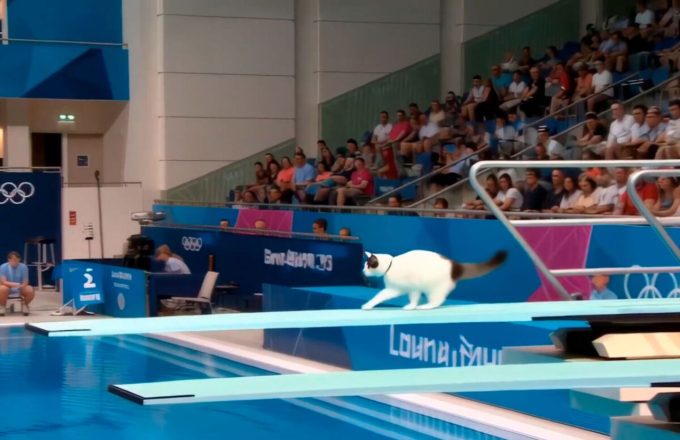The storage device market features a wide variety of manufacturers, including both hard drives and solid-state drives (SSDs). To ensure these devices have a long lifespan, it is advisable to choose reputable brands.
One of the first names that comes to mind when discussing storage is Western Digital (WD), a veteran company in hard drive manufacturing that, until recently, also produced SSDs. However, WD has recently announced that it will stop manufacturing solid-state drives.
In 2015, the company acquired SanDisk for $19 billion, the same amount Facebook paid for WhatsApp a year earlier. With this purchase, WD aimed to quickly enter the SSD market by leveraging SanDisk’s 20% market share at the time.
However, the strategy did not yield the expected results. Now, WD has decided that SanDisk will be responsible for the design and production of all NAND flash memory units, while the company will focus exclusively on its core business: hard drives.
With this move, WD hopes that SanDisk will regain its position as a leading brand in the SSD sector and compete more directly with Samsung and Crucial, the two manufacturers currently dominating the market. While SanDisk will remain part of Western Digital, it will operate with greater independence.
All signs point to the WD Black SN850X being the company’s last SSD. This unit, specifically designed for gaming, has been highly rated for its performance, although its price is higher than other options from Samsung and Crucial.
Until now, WD had been manufacturing its SSDs at Kioxia’s facilities, but from now on, SanDisk will take advantage of these resources. Additionally, WD plans to establish agreements with Samsung to meet its production needs.
In the coming months, we will see what SanDisk’s first SSD in this new phase will be. To compete in this demanding market, the company will need to offer competitive prices that attract consumers’ attention.
On the other hand, the rise of artificial intelligence has increased storage demand in data centers, which may have influenced WD’s decision to exit the SSD market and focus solely on hard drives. The company is developing new technologies, such as HAMR, with the goal of creating drives capable of exceeding 100TB of storage, although they are still at least five years away from becoming a reality.




















